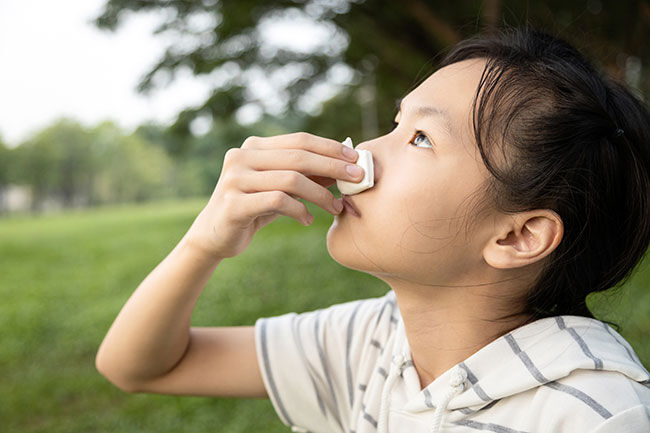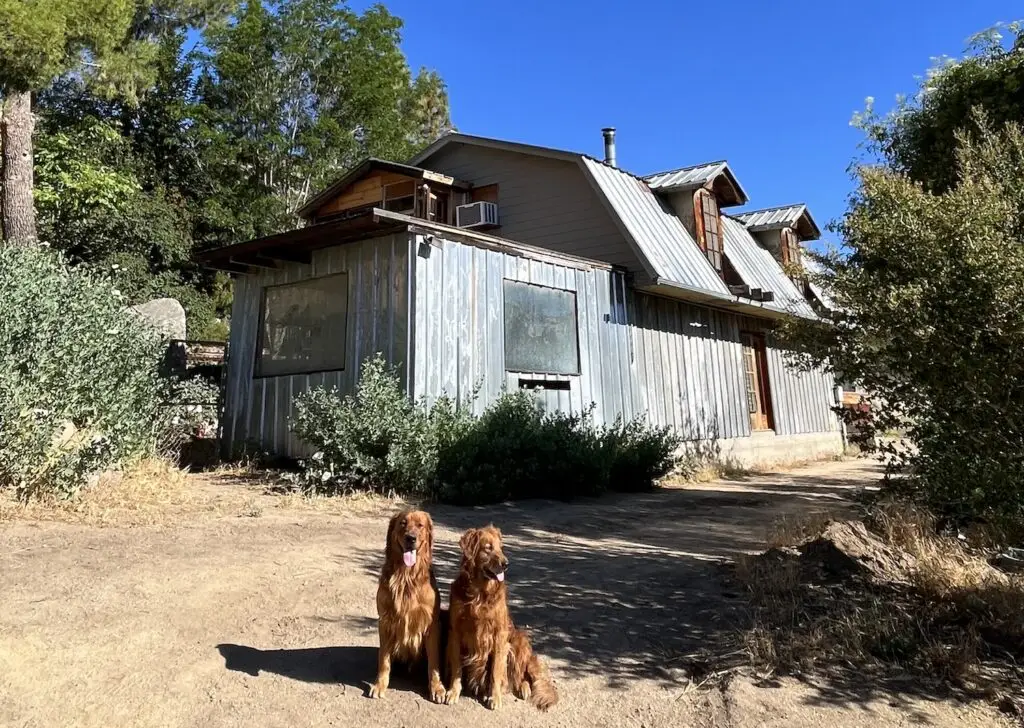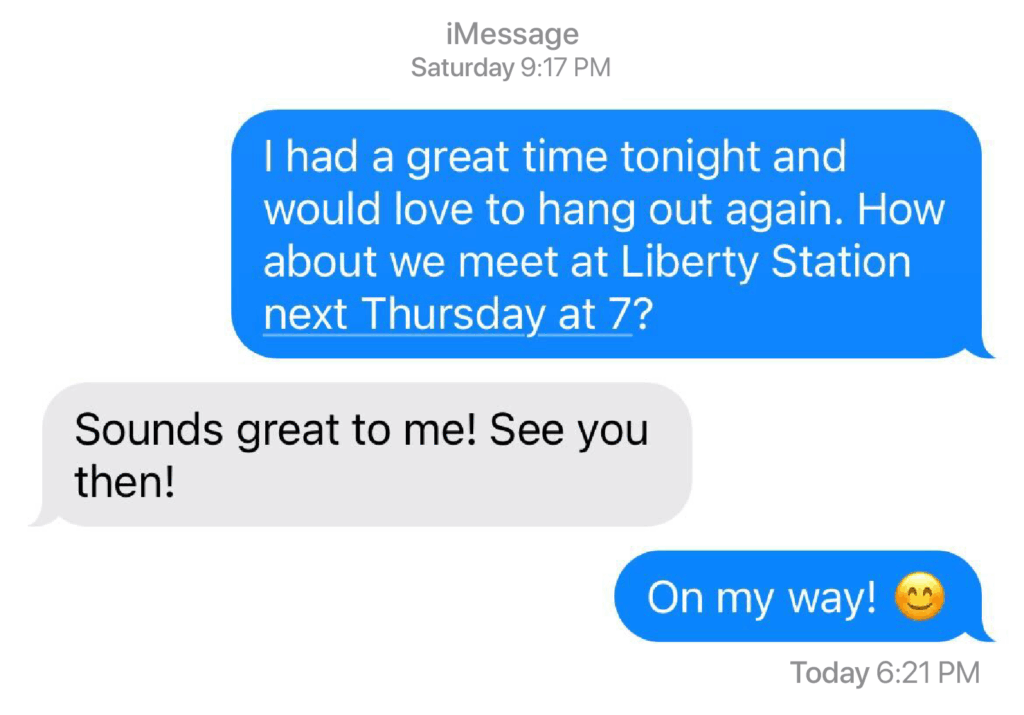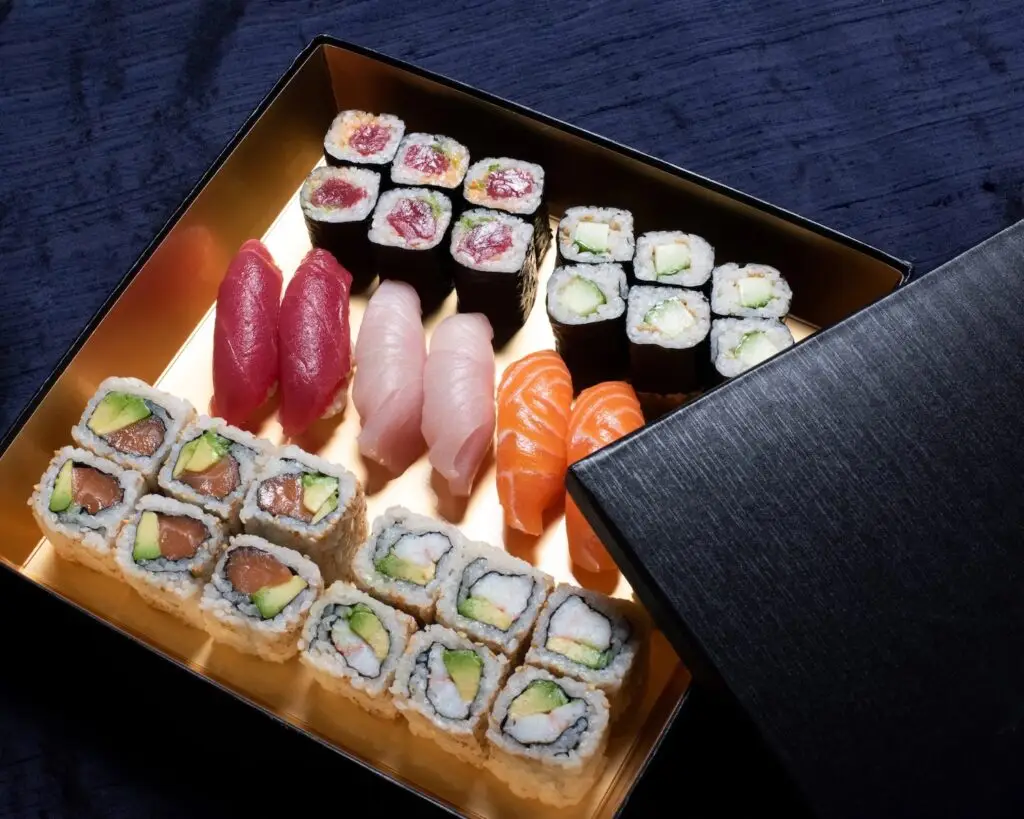
What Causes Nosebleeds
This post contains affiliate links to products and services. We may receive compensation when you click on links.
There is a substantial difference between the actual causes of nosebleeds and what Hollywood thinks causes nosebleeds. Scriptwriters and directors have used epistaxis as a harbinger of doom and disease, as well as a sign of psychic powers.
In the eyes of a scriptwriter, a nosebleed means you’re either about to die or can move things with your mind. In reality, it could just mean your fingernails are too long.
Confused? Here are the most common causes of nosebleeds.
Nose Picking
Most nosebleeds are anterior nosebleeds, which means they occur at the front of the nose. Your septum (the “wall” between your nostrils) is covered in tiny blood vessels and the tiniest nick, such as from a fingernail, is enough to rupture them and cause a bleed.
This is actually one of the reasons nosebleeds are more common in children and seniors. Kids don’t think twice about sticking things up their noses. To them, the nose is like some kind of unexplored cave, and their finger is the adventurer raiding it for treasures.
As for seniors, the fingernails become hard and thick with age while dexterity is reduced, making it difficult to manicure effectively and turning those fingers into lethal weapons.
If you have frequent nosebleeds resulting from nose picking, try some alternative methods for cleaning your nose. Steam helps, as it loosens the mucus and means that everything will be expelled when you blow your nose.
Dry Air
Getting frequent nosebleeds doesn’t mean you’re picking your nose too much. For many sufferers, their environment is the problem.
Hot and dry air dries out the delicate tissues inside of the nose, leaving those blood vessels exposed. From there, even the slightest trauma from nose picking, nose blowing, or rubbing can cause a bleed.
It’s for this reason that nosebleeds are more common in Arizona and Nevada, which are regarded as the nation’s hottest and driest states. You may also experience frequent nosebleeds if you live in a very cold country and spend a lot of time indoors with the thermostat turned up.
Protect those delicate blood vessels with a little dab of petroleum jelly or a moistening saline nasal spray.
Infections and Allergies
Colds, flu, sinus infections—all of these things irritate your sinuses and leave your nose prone to bleeding.
Infection can inflame the blood vessels, but that’s just one piece of this crimson puzzle. The main issue is that you’re constantly rubbing, sneezing, and blowing. Your nose is dry, inflamed, and irritated, so a nosebleed is never too far away.
Irritants
Intranasal drugs like amphetamines and cocaine irritate the lining of the nose. Nosebleeds may follow a single use but are more likely to appear after chronic use.
Chemical irritants have the same effect, so if you work with harsh chemicals and are constantly breathing them in, or you recently cleaned the house, it could be the cause of your nosebleed.
Nasal Sprays
Afrin nasal spray is sometimes recommended as a treatment for nosebleeds. It’s a decongestant, and its constricting effects on the blood vessels could prevent or even stop a nosebleed. However, some nasal sprays have the opposite effect and may actually cause nosebleeds.
Steroidal nasal sprays, for instance, can dry out the nose, exposing those fragile blood vessels. If you’re experiencing frequent nosebleeds resulting from nasal sprays, contact your healthcare provider.
Certain Medical Conditions
There is a link between high blood pressure and nosebleeds, but it’s not entirely understood why this link exists. People with high blood pressure certainly seem to have more nosebleeds than those without, but it’s unlikely to be the only cause, and having regular nosebleeds doesn’t mean you have high blood pressure.
Regular nosebleeds could be indicative of leukemia, paranasal tumors, and polyps, but only rarely, and it’s not the only symptom or even the most prominent one.
A condition known as hereditary hemorrhagic telangiectasia (HHT) may present with nosebleeds, but it’s rare. It causes abnormal connections between arteries and veins and in addition to nosebleeds, it can present with symptoms such as anemia, headaches, red spots on the skin, seizures, and shortness of breath.
Are Nosebleeds Ever Serious?
Although most nosebleeds are minor and have innocent causes, there are some exceptions.
Take posterior nosebleeds as an example.
Unlike an anterior nosebleed, which occurs following a rupture of the small blood vessels in the nasal septum, a posterior nosebleed occurs at the back of the nose. The blood may flow out of both nostrils or down the throat and it’s usually more severe.
These types of nosebleeds can occur as a result of direct trauma (such as a broken nose), as well as chemical irritation. The bleeding may restrict breathing, but more importantly, if it’s present in people with blood clotting disorders and those taking blood thinning medications, it could lead to heavy and uncontrollable bleeding.
Additional caution is always advised for anyone with bleeding disorders and anyone taking blood-thinning medications (including warfarin and aspirin).
How Are Severe Nosebleeds Treated?
Severe nosebleeds can be treated at the hospital using nasal packing, whereby gauze is inserted inside the nose to prevent bleeding. There are also at-home solutions like Nampons, which a nasal tampons and work by packing the nose and introducing a blood clotting agent to rapidly stop the bleeding.
If you have frequent nosebleeds and have been checked for potential underlying causes, it’s worth keeping a box of Nampons in your medicine cabinet or first aid kit.
Petroleum jelly wouldn’t go amiss either. It won’t stop the bleeding, but it will moisten and protect the nose and could prevent future episodes.
When Should You Seek Medical Attention Following a Nosebleed?
You should seek medical attention if the bleeding doesn’t stop.
Sit down, lean forward, pinch the soft part of your nose, and wait for 10 to 15 minutes. That should be enough to promote blood clotting and stop the bleeding. If not, you can try again, provided the bleeding is not heavy.
If there is a lot of blood and/or the bleeding won’t stop, seek emergency medical care. We should stress that nosebleeds are rarely life-threatening, but it’s always best to err on the side of caution. This is especially true if you have a blood clotting disorder or take blood thinning medication, as there is a greater risk of complications.
Summary: What Causes Nosebleeds?
It’s fair to say that films and TV shows have misrepresented nosebleeds. For scriptwriters and directors, they are simple plot devices, something that can visually represent the horror of disease or show the mental strain involved with psychic powers. But Hollywood isn’t the only one to blame here.
After all, any type of seemingly unexplained bleeding is a concern, and when that blood is pouring from your face…it’s natural to panic.
PARTNER CONTENT
But most nosebleeds are harmless and are much more likely to result from nose picking, nose blowing, and dry air than anything serious. Keep that in mind the next time you see red, consult Dr. Google, and then start writing your last will and testament.
Related Content
- What Causes Nosebleeds?
- 5 Ways to Stop a Nosebleed
- How to Make a Child’s First Aid Kit
- When to Worry about a Nosebleed
- What You Need for Allergy Season



















